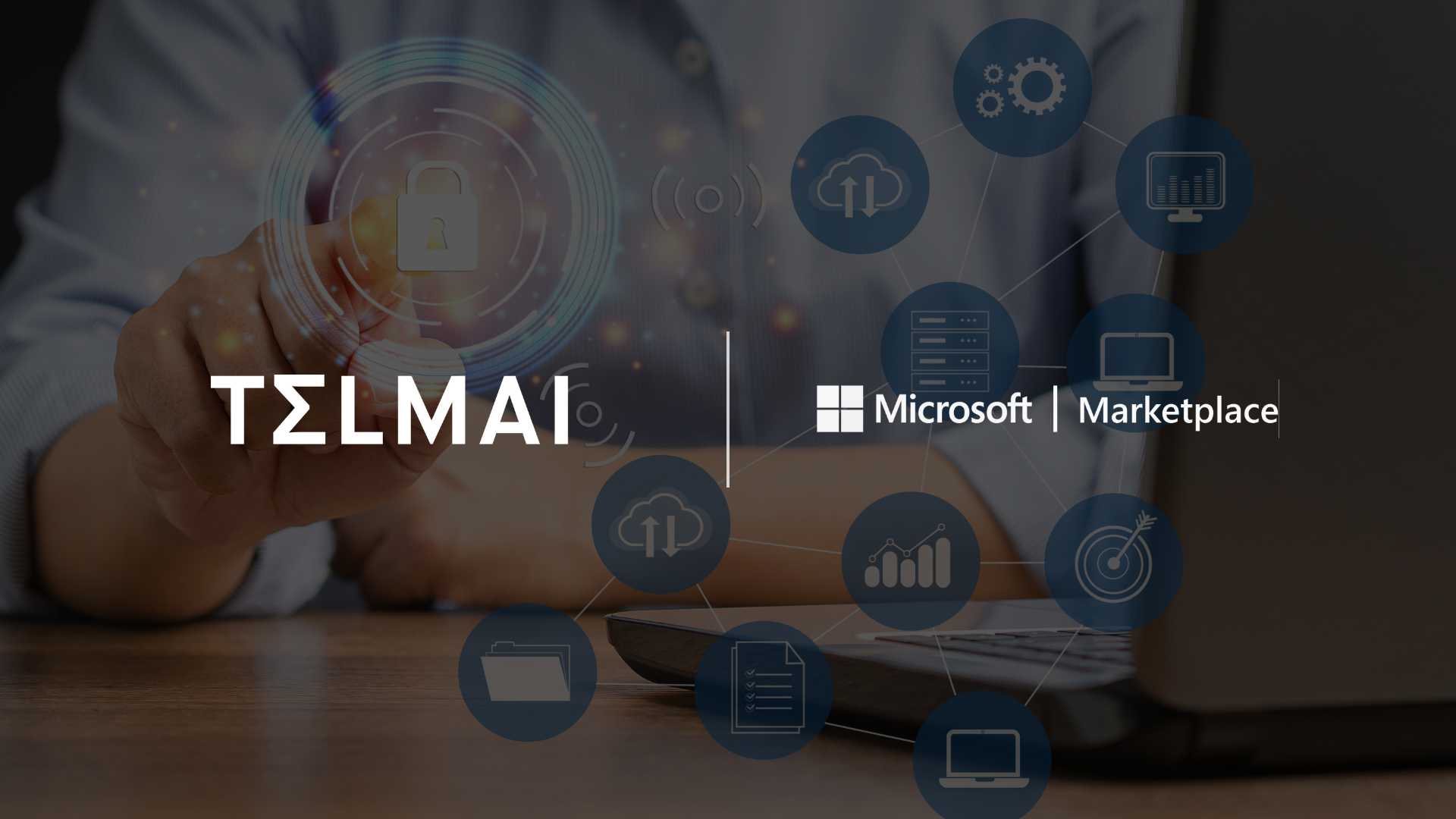

artificial intelligence marketing
Microsoft Fabric Gets a Data Quality Boost with Telmai’s Real-Time Observability
Microsoft Fabric Gets a Data Quality Boost with Telmai’s Real-Time Observability
 PR Newswire
PR Newswire
Published on : Nov 20, 2025
In the era of agentic AI—where autonomous systems rely on constant, high-quality, contextual data—data observability isn’t a nice-to-have anymore. It’s survival gear. Telmai, the AI-powered data quality and observability platform, is stepping into that gap with a new partnership aimed squarely at Microsoft Fabric users.
The company announced that its data reliability engine now integrates natively with Microsoft OneLake, bringing real-time monitoring, validation, and trust signals directly into the heart of the Fabric ecosystem. The result: faster insight, fewer broken pipelines, and analytics models that don’t need a rescue mission every time the data shifts.
Why This Partnership Matters Now
Organizations building agentic AI and real-time analytics systems face a fundamental bottleneck: traditional data validation isn’t built for low latency, distributed architectures, or constant context shifts. Fabric users—many of whom are already grappling with data spread across domains—need observability that keeps pace with the speed of automation.
Telmai is positioning its platform as an answer to that shift. Rather than validating data downstream—after it hits dashboards or AI workflows—it monitors and checks data as soon as it lands in OneLake, across structured, semi-structured, and even unstructured formats.
CEO and co-founder Mona Rakibe puts it bluntly: “Ensuring data reliability is no longer optional—it’s table stakes.” For agentic AI, where decisions happen autonomously and instantly, bad data isn’t just costly; it’s dangerous.
What’s New: Real-Time, Source-Level Validation in Fabric
Telmai’s integration with OneLake brings a few capabilities that stand out:
1. Continuous Validation at the Source
Data is checked the moment it arrives in OneLake—catching anomalies before they propagate into dashboards, models, or downstream apps. This ensures Fabric users can maintain low-latency access to validated, contextualized data, eliminating blind spots that slow decision-making.
2. Custom Business Logic and Alerting
Telmai’s engine allows teams to configure their own validation rules, anomaly detection thresholds, and alerting policies. Rather than generic “something broke somewhere” notifications, users get targeted, actionable insights tied to business context.
3. AI-Powered Data Reliability Agents Across Fabric
Here’s where Telmai differs from traditional observability tools: its Data Reliability Agents allow both technical and non-technical users to query issues, troubleshoot anomalies, and deploy monitoring policies using plain-language commands.
This decentralized model is critical for Fabric’s domain-first architecture, reducing the burden on engineering teams and making data trust a shared—and accessible—capability.
4. Contextual Explanations for Root Causes
Instead of dumping a list of anomalies on data teams, Telmai provides explanations and supporting context about why issues occurred. Faster troubleshooting means shorter time-to-resolution and less operational drag on analytics pipelines.
The Fabric Landscape—and Telmai’s Place in It
Microsoft Fabric has quickly become a central hub for enterprises consolidating analytics, governance, and AI workloads. But this consolidation raises the bar for data quality: errors travel farther, faster, and into more systems.
Telmai’s integration signals Microsoft’s growing emphasis on vetted, explainable, production-ready data. Dipti Borkar, VP & GM of Microsoft OneLake & ISV Ecosystem, noted that accuracy and trust are “critical to the success of any analytics and AI project,” emphasizing that Telmai’s capabilities help users “quickly and easily build AI-ready, trusted data products.”
In a market filled with observability contenders—Monte Carlo, Bigeye, Soda, Databand—Telmai is carving out a space that leans heavily into AI explainability and domain-level trust, aligning closely with Fabric’s own architectural philosophy.
The Bottom Line
Agentic AI won’t tolerate laggy, inconsistent, or context-poor data. Telmai’s partnership with Microsoft is a strategic play to make Fabric not just a unified analytics platform, but a trusted one—with real-time validation baked in at the source.
For enterprises scaling AI-driven analytics, this integration may prove to be not just a convenience but a competitive necessity.
Get in touch with our MarTech Experts.




